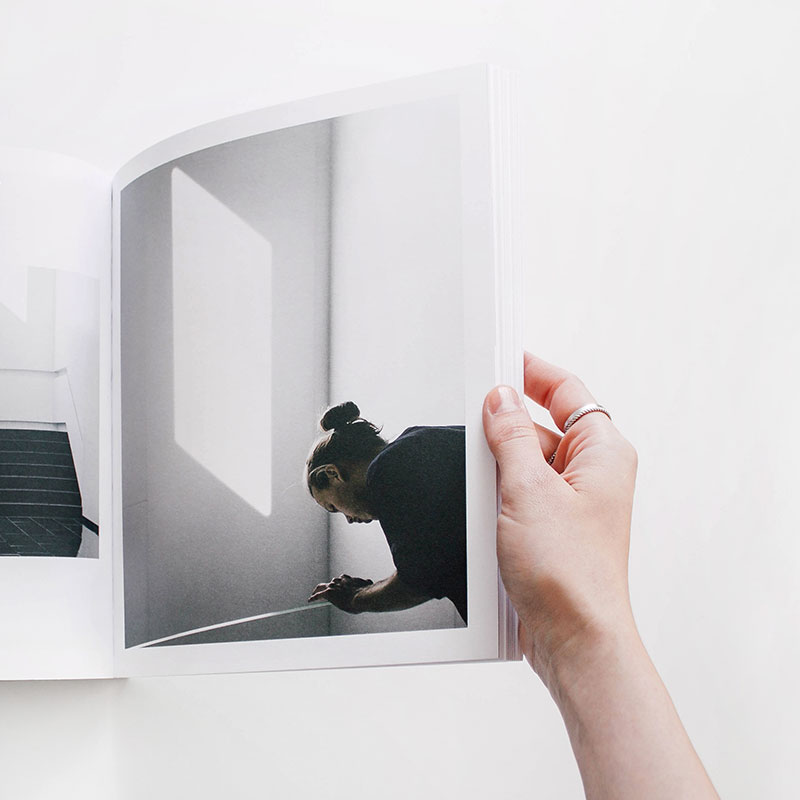Language, Poetry and Scotland: A Theory of Bi, Tri, Mono, Multi and Trans-language Literature
Alan Riach (University of Glasgow)
translated by Monika Hadalska (University of Gdansk)
The full version of this article is available in Polish in the printed version of Tekstualia and in the on-line subscription.
Scottish literature is not characterized by having been written in a single, evolving language such as is familiar in a lineage of English literature, English being the common language, notwithstanding the writer’s nationality. Rather, Scottish literature is informed by the understanding that literary expression arises in more than one language and, in Scotland, is created by writers most often working in at least two languages, with new work being published in Gaelic, Scots and English. This essay concerns the issue of multilingualism in Scottish literature, particularly poetry, offering a reading of Scotland’s work which sees this as a distinctive cultural characteristic, as well as a rehearsing of Scotland’s history of multilingual literature. It focuses on a small number of modern Scottish poets, such as George Campbell and Hay Aonghas MacNeacail, whose bilingual (sometimes trilingual) work shows this, challenging assumptions of unitary defi nition.
The sample of Polish version of this article is available here: https://tekstualia.pl/files/dcff5402/riach_alan-jezyk_poezja.pdf






